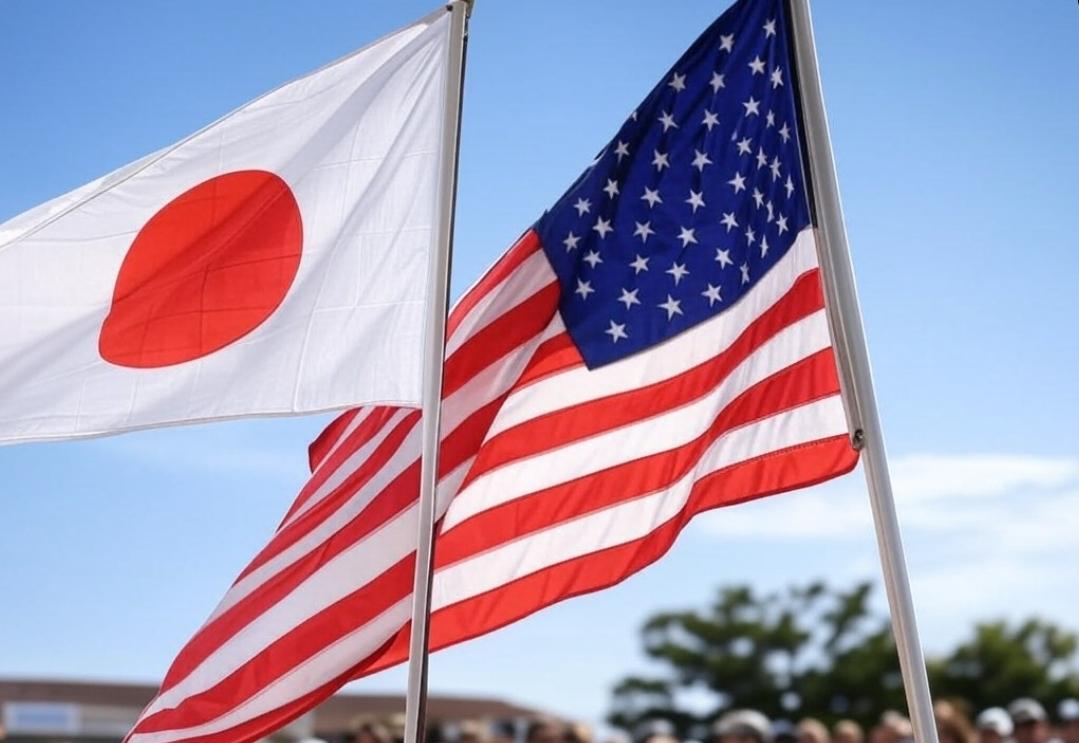
In a significant development for global trade watchers, Japan’s Prime Minister has announced his readiness to visit the United States and engage in direct negotiations with President Donald Trump over the ongoing tariff issues. The announcement comes at a time when Japan's stock market has taken a sharp downturn, with the Nikkei index falling nearly 6% in a single trading session. The market volatility reflects growing investor anxiety amid escalating global trade uncertainties and the lack of clarity around new trade policies from Washington.
A Diplomatic Overture Amid Economic Anxiety
The Japanese Prime Minister's statement underscores the urgency many nations are feeling as they respond to President Trump’s renewed focus on trade imbalances and tariffs. Trump’s administration, now in its second term, has returned to a hardline trade stance, echoing some of the protectionist themes seen during his first presidency. While no specific details of Japan’s proposed negotiations have been made public, sources suggest the talks would likely address auto tariffs, technology sector cooperation, and broader trade access.
Markets React Harshly to Uncertainty
The sharp -6% drop in Japan’s stock market highlights the intense pressure investors are under as they grapple with the new economic landscape. Sectors such as manufacturing, technology, and exports were hit hardest, reflecting fears that rising tariffs or prolonged trade disputes could choke off growth in key industries.
Market analysts suggest that Japan’s proactive diplomatic approach is aimed at calming nerves and possibly preventing further capital outflows. However, until there is a tangible outcome from these discussions, volatility is likely to persist.
A Global Line Forms at Washington’s Door
Japan is not alone in seeking new terms with the Trump administration. Leaders from Europe, South Korea, and other major economies have also signaled their willingness to negotiate trade agreements. Many see this as a strategic necessity in a world where U.S. policy can significantly sway market direction and economic momentum.
Despite this growing interest, President Trump has not yet confirmed any finalized trade deals. White House officials have indicated that discussions are ongoing and that the administration is seeking "fair and reciprocal" trade relationships.
All eyes are now on Washington. If a breakthrough is achieved during the Japan-U.S. talks, it could send a positive signal to global markets and pave the way for a new wave of economic cooperation. On the other hand, stalled negotiations or harsher tariff rhetoric could deepen existing market anxieties.
For investors and businesses alike, the current situation serves as a reminder of how interconnected geopolitics and economics have become. With global supply chains still recovering from past disruptions and inflation concerns lingering, every diplomatic move counts.
Disclaimer:
This article is for informational purposes only and should not be construed as investment advice or a recommendation to buy or sell any financial instruments. The opinions expressed are based on current events and market conditions at the time of publication, which are subject to change. Readers are encouraged to conduct their own research or consult a financial advisor before making any investment decisions.




